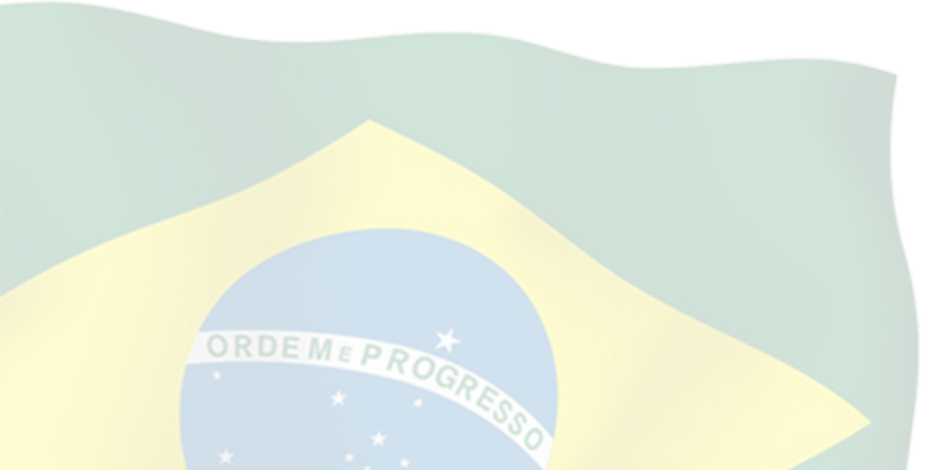You use the Portuguese Reflexive when you want to be clear that you're talking about yourself or, herself, themselves etc.
the Reflexive Pronouns
You don't get to choose your pronouns here 🤠.
When we say The Portuguese Reflexive, we're really talking about those pronouns that get added right before a verb. These are called Reflexive Pronouns:
Eu ➜ me
Você ➜ se
Ele ➜ se
Ela ➜ se
A gente ➜ se
✱"se" is very popular!
the Portuguese Reflexive in action!
Eu me levantei. (I got myself up)
Você se levantou. (You got yourself up)
Ele se levantou. (He got himself up)
Ela se levantou. (She got herself up)
A gente se levantou. (We got ourselves up)
A verb becomes reflexive when it's used to talk about doing something to oneself, such as seating one's self at the table or waking one's self up. In these cases, the subject and object of the sentence are the same. *But you don't need to think about subjects and objects! You just need to recognize when a sentence is expressing "self".
It's usually obvious from the context that you are, for example, washing yourself, dressing yourself or injuring yourself but here's the thing you need to always remember: PORTUGUESE IS A VERY PRECISE LANGUAGE. It even has special verb tenses and rules to let people know when you're speaking hypothetically (the subjunctive), and when you're giving a command (the imperative)!
Portuguese is a very CLEAR and unambiguous language. That's also what makes it difficult to learn.
So, the Reflexive pronouns make it super-clear that the action is being done to one's self.
I got out of bed. ➜ Eu levantei da cama.
I dressed. ➜ Eu vesti.
A Portuguese speaker would argue that (1) you could have woken someone else up!; (2) you could be talking about getting someone else out of bed!!; (3) you could be having way too much fun and were actually dressing someone else!!!
Let's use the Portuguese Reflexive and be clear about everything:
I got myself out of bed. ➜ Eu me levantei da cama.
I dressed myself. ➜ Eu me vesti.
The bottom line is this: You can get by without using reflexive pronouns but if you want to speak the language correctly and with the precision it was built for, learn when to use the Portuguese Reflexive.
It really is just a matter of recognizing that you need to include myself or yourself, ourselves, themselves etc. When you say for example, "I injured myself". It would be pretty silly to say, "She injured." Other examples are not so clear:
Almost any verb can be used reflexively. Whenever the subject is receiving and doing the action at the same time, it's reflexive. To make a verb reflexive just add a me or se to say myself (me), or yourself, himself, herself (se).
When learning becomes a pleasure...
Goals happen. Semantica: Learning a language never felt so good.

More, more, more Portuguese Reflexive examples!
You will gradually develop a feel for when to use the reflexive. This will happen naturally, without having to stop and think about it.
Pode!
The ones above are almost always used reflexively -- so, please learn them first. But know that pretty much any verb can be used reflexively. Here are some less obvious ones:
FALAR
Eu me falei ➜ I told myself.
[A responder might say: Você se falou?]
Você se ensinou? ➜ Did you teach yourself?
[A responder might say: Sim, eu me ensinei tudo!] TRANSFORMAR
Ela se transformou em modelo. ➜ She made herself into a model.
[A responder might say: Sim, ela se transformou!] I can't think of any way to use for example chover, morar, dançar (dancing with myself?), chegar, ir, trabalhar... Can you?
Reflexive of nós?
We ignored the we form ~nós because it's just so easy to use a gente. But that can be a little too informal sometimes. Let's do LEVANTER and include the nós this time:
Reflexive Pronouns: levantar-se
Eu me levantei. (I got myself up)
Você|ele|ela se levantou. (You got yourself up)
A gente se levantou. (We got ourselves up)
Nós nos levantamos. (We got ourselves up)
Vocês se levantaram. (You got yourselves up)
They're called reflexive pronouns because they have the job of reflecting the action back to the subject of the sentence. Here's how Wikipedia puts it:
Or rather:
Whenever the subject is receiving and doing the action at the same time, it's a reflexive verb.
It's not all that complicated!

Comentários